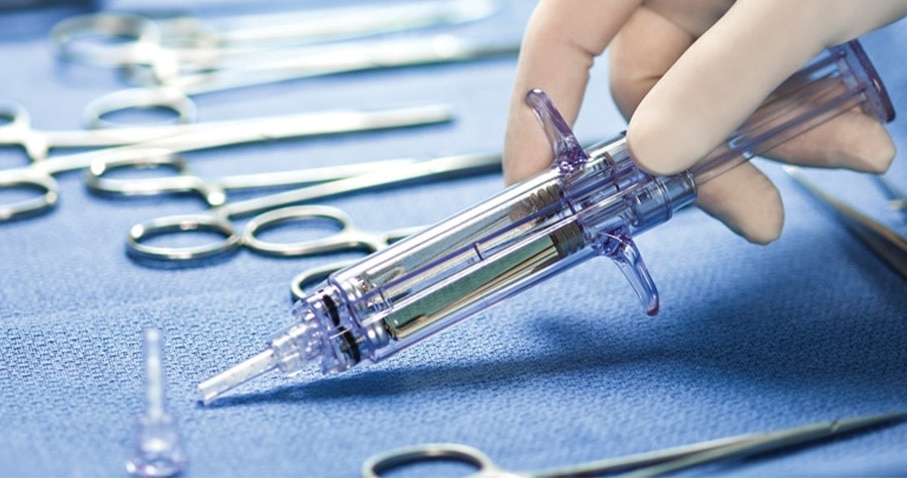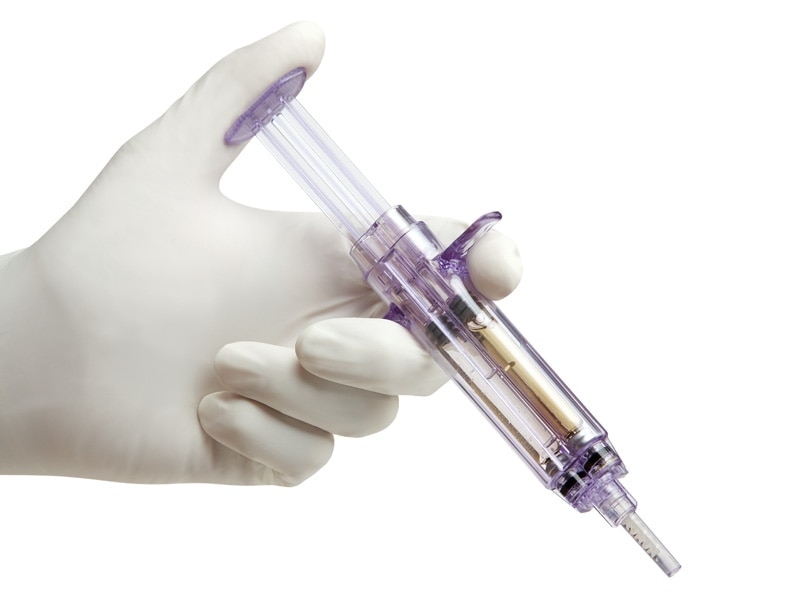UK
Sealants
BD Surgical Sealants are designed to be used during surgery to seal leaks of air, blood, or cerebrospinal fluid (CSF) from surgical sites.

BD Surgical Sealants are designed to be used during surgery to seal leaks of air, blood, or cerebrospinal fluid (CSF) from surgical sites.
Progel™ Platinum is designed to be used to seal air leaks in the lungs during thoracic surgery. Air leaks are the most important determinant of hospital length of stay (LOS), and a prolonged air leak can extend the length of stay by more than 4 days1.
TissuePatchDural™ Sealant Film is designed to seal and reinforce the dura against CSF leaks for neuro and spinal procedures.
TissuePatch™ Sealant Film is designed to seal and reinforce against air leakage and fluid leaks from soft tissue surgical procedures.

Progel™ Platinum Surgical Sealant
Clinically proven to seal air leaks and reduce length of stay by an average of 2.1 days.2

TissuePatchDural™ Sealant Film
Designed to be transparent and allow for visualization of the dural repair while withstanding burst pressure in excess of 139mmHg4

TissuePatch™ Sealant Film
Designed with an adhesive component that allows the product to adhere to soft tissue and lung surfaces
Please note, not all products, services or features of products and services may be available in your local area. Please check with your local BD representative.
References
- Mueller MR, Marzluf BA. The anticipation and management of air leaks and residual spaces post lung resection. J Thorac Dis. 2014 Mar;6(3):271-84.
- Zaraca F. et al. Cost-effectiveness analysis of sealant impact in management of moderate intraoperative alveolar air leaks during video-assisted thoracoscopic surgery lobectomy: a multicentre randomised controlled trial. J Thorac Dis. 2017 Dec;9(12):5230-5238
- Khoynezhad A, DelaRosa J, Moon MR. et al. Facilitating Hemostasis After Proximal Aortic Surgery: Results of The PROTECT Trial. Ann Thorac Surg. 2018 May;105(5):1357-1364
- Data on file
BD-53819
BD-85619